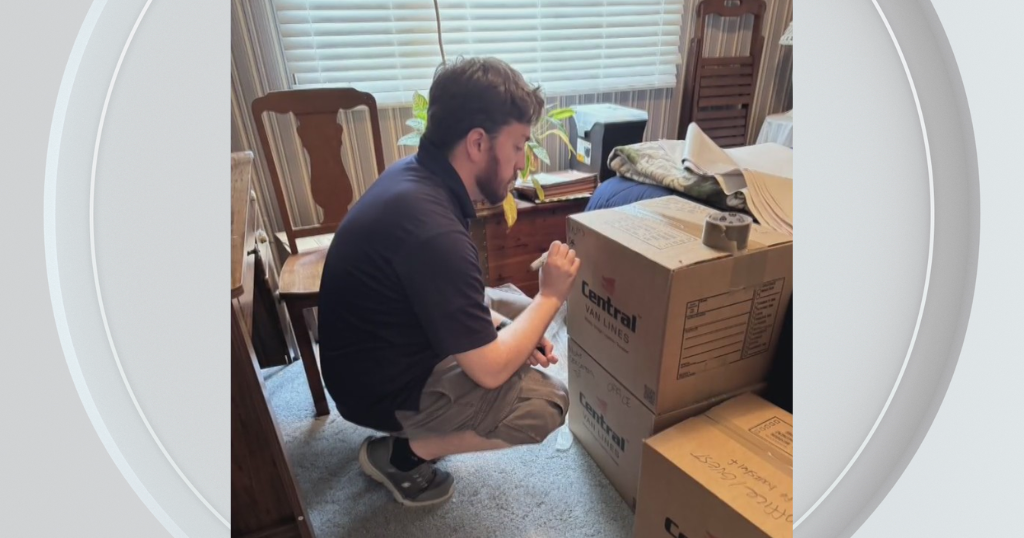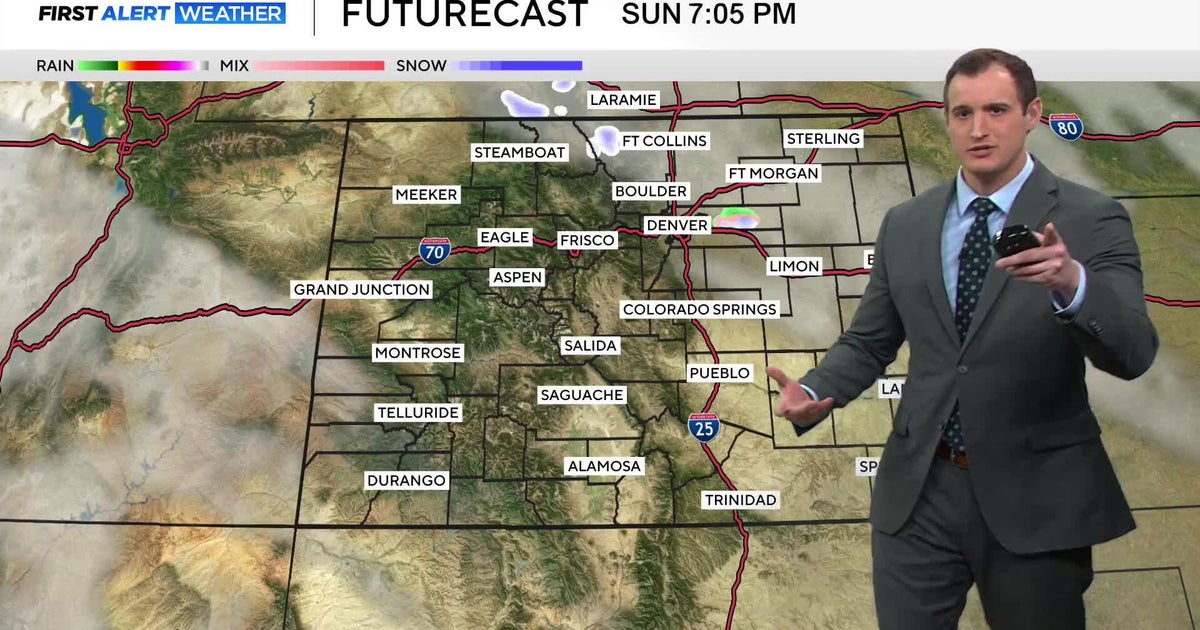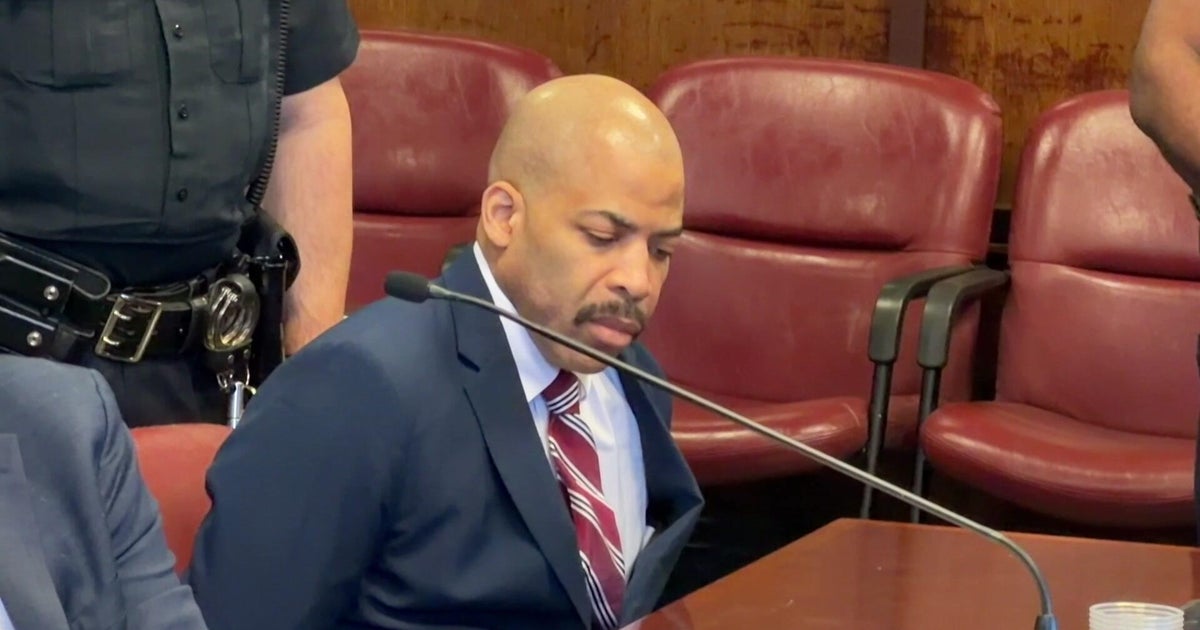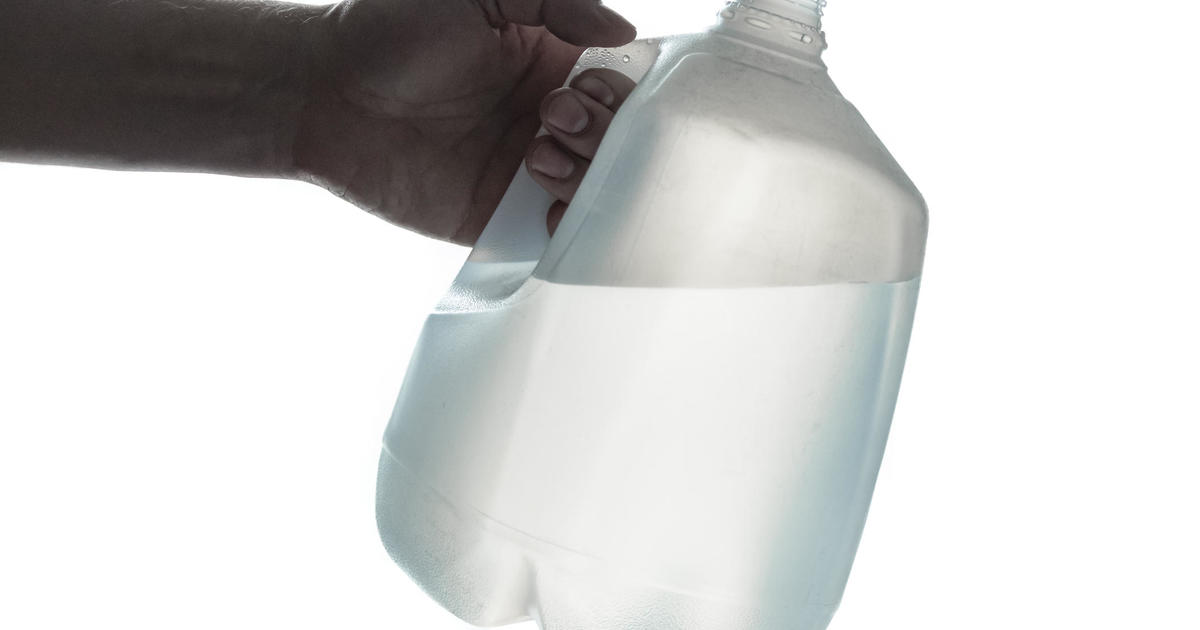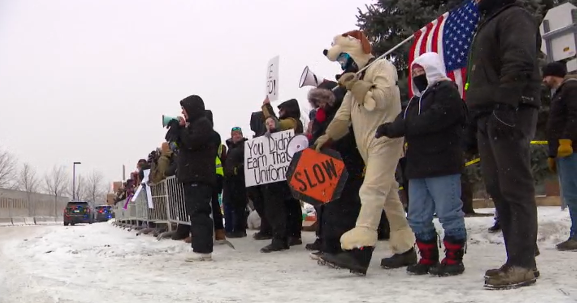Sunday Liquor Sales One Step From Reality In Connecticut
HARTFORD, Conn. (CBSNewYork / AP) - Connecticut is one step closer to becoming the 49th state to allow retail alcohol sales on Sundays and some holidays, following the state Senate's passage of a bill that would overhaul some of the state's liquor laws.
WCBS 880 Connecticut Bureau Chief Fran Schneidau With Package Store Owners Who Supports The Bill
Podcast
State senators passed a modified version of Gov. Dan Malloy's original bill 28-6 on Tuesday. Malloy said he plans to sign the bill into law, which would result in immediate Sunday alcohol sales.
The compromised measure would allow retail sales of alcohol on Sundays from 10 a.m. to 5 p.m. Supermarkets, which already sell beer, would be able to sell beer on Sundays, as well.
The state's House of Representatives passed the bill last week after changing some provisions.
"Certainly, especially for stores that are near borders with states where there are Sunday sales, this will be a very significant change for them," store owner Bill Fore told WCBS 880 Connecticut Bureau Chief Fran Schneidau.
Fore is gearing up for the first Sunday when liquor sales are allowed.
"We're going to hang out a big banner that says 'Now Open On Sundays,'" he told Schneidau.
Lawmakers from both sides of the aisle spoke in favor of the compromised bill during an hour-long debate.
WCBS 880 Connecticut Bureau Chief Fran Schneidau: St. Sen. Andrew Roraback Voted No
Podcast
"This bill is one of the most radical and extensive reforms of our liquor statutes since the Great Depression,'' said Sen. Paul Doyle, D-Wethersfield.
Like Doyle, Republican Sen. Kevin Witkos, of Canton, spoke in support of the bill, saying that allowing package stores to sell alcohol on Sundays would be a boom to the state's economy because it would win back business lost to nearby states such as Massachusetts.
According to the state's Office of Fiscal Analysis, Connecticut looks to gain $5.2 million per year in revenue.
"It allows some of our existing companies in Connecticut to grow,'' he said, referring to state breweries.
Additionally, Witkos said lowering permit fees for places that have small bars, like racquetball courts and bowling alleys, would help small businesses in Connecticut.
Meanwhile, opponents of the bill argued the opposite, saying small package store owners would suffer from feeling the need to keep their stores open an extra day to not lose business to competitors.
Sen. Len Fasano, R-North Haven, said he could not support the bill because he believes it wasn't fairly negotiated.
"In this case the stores had to take what they got, which is the Sunday sales, to get rid of the horrible stuff that would've killed their business, that's not a compromise,'' he said.
For years, many Connecticut package store owners have argued that retail alcohol sales on Sundays would put many small stores out of business because they would have to hire additional staff. But this year the Connecticut Package Stores Association announced it would drop its opposition to Sunday sales.
Others raised concerns over the projected revenue gain, saying some people may still go across state borders to buy alcohol at lower prices, due to the taxing structure.
In addition to allowing retail alcohol sales on Sundays, it would allow sales on Memorial Day, Independence Day and Labor Day, and Mondays following any Independence Day, Christmas or New Year's Day that fall on a Sunday.
The bill also increases the number of package stores a permit holder may own from two to three and allows package stores and grocery stores to put one beer or liquor item on sale up to 10 percent below cost each month.
"I thought what we passed this afternoon was the best of all worlds,'' said Sen. John Kissel, R-Enfield, who voted in favor of the bill.
Jay Hibbard, vice president of government relations for the Distilled Spirits Council of the United States, said his organization is pleased to see Connecticut move toward legalizing Sunday sales.
"It's kind of too bad they waited this long, but we're glad to see them make this change,'' he said.
The Democratic governor's original bill included wide-ranging proposals to overhaul Connecticut's liquor laws, such as changing the price structures and allowing certain convenience stores to sell beer.
These provisions, among others, were removed through the legislative process. Instead, the compromise bill calls for the creation of a task force to study and report back on the liquor pricing and permitting systems.
Malloy said he would like to do more to make liquor pricing consumer friendly.
"It's a good first step and one that I hope lays the foundation for future action,'' he said in a statement following the Senate's passage of the bill.
Are you for Sunday liquor sales in Connecticut? Sound off in the comments section below.
(TM and Copyright 2012 CBS Radio Inc. and its relevant subsidiaries. CBS RADIO and EYE Logo TM and Copyright 2012 CBS Broadcasting Inc. Used under license. All Rights Reserved. This material may not be published, broadcast, rewritten, or redistributed. The Associated Press contributed to this report.)
